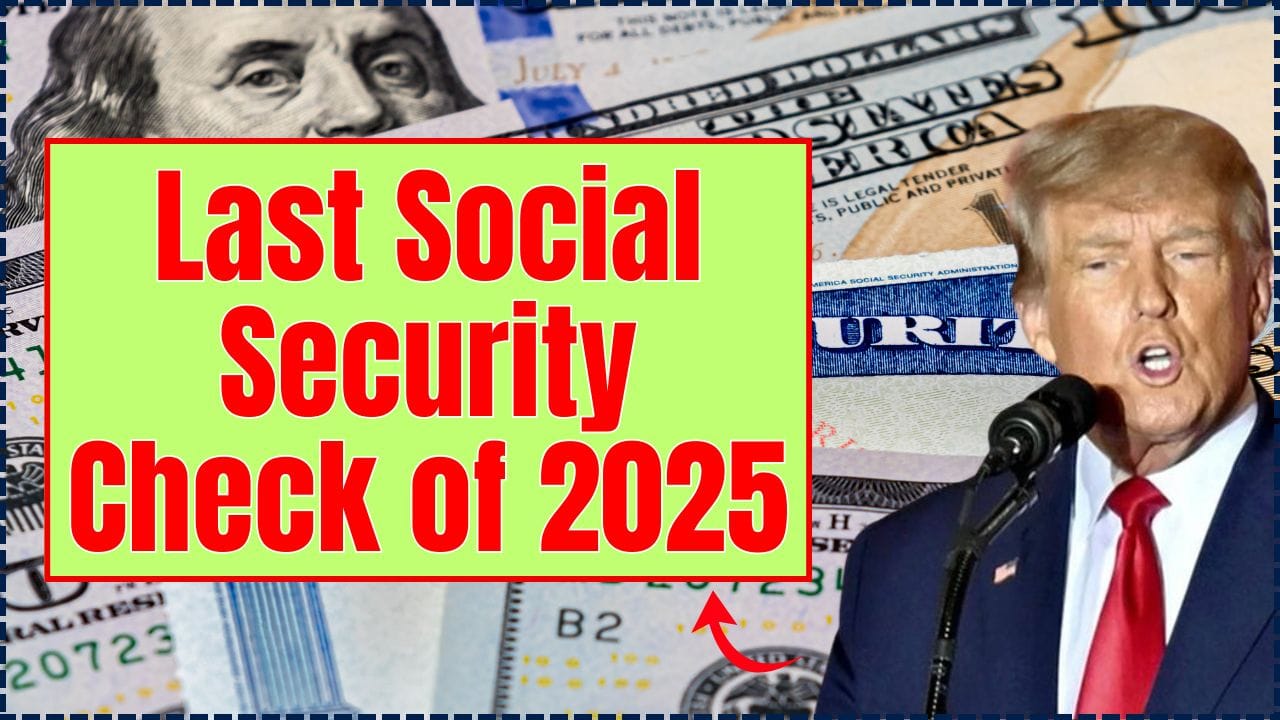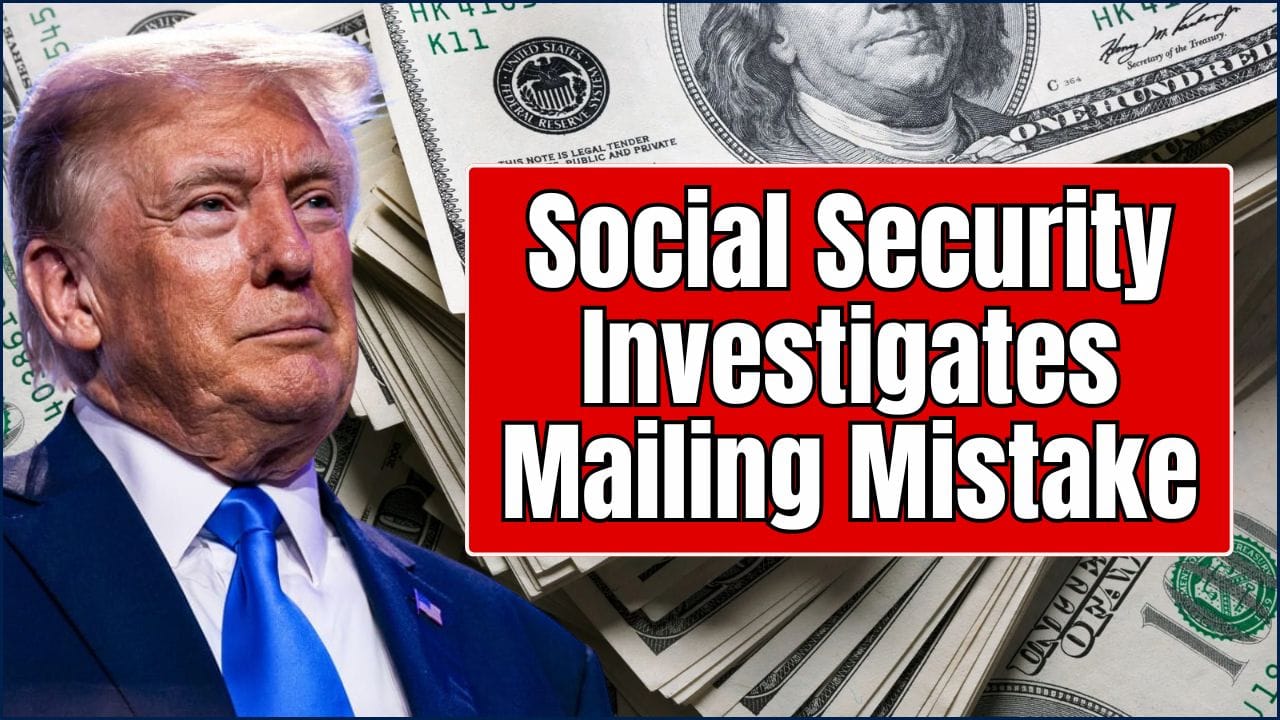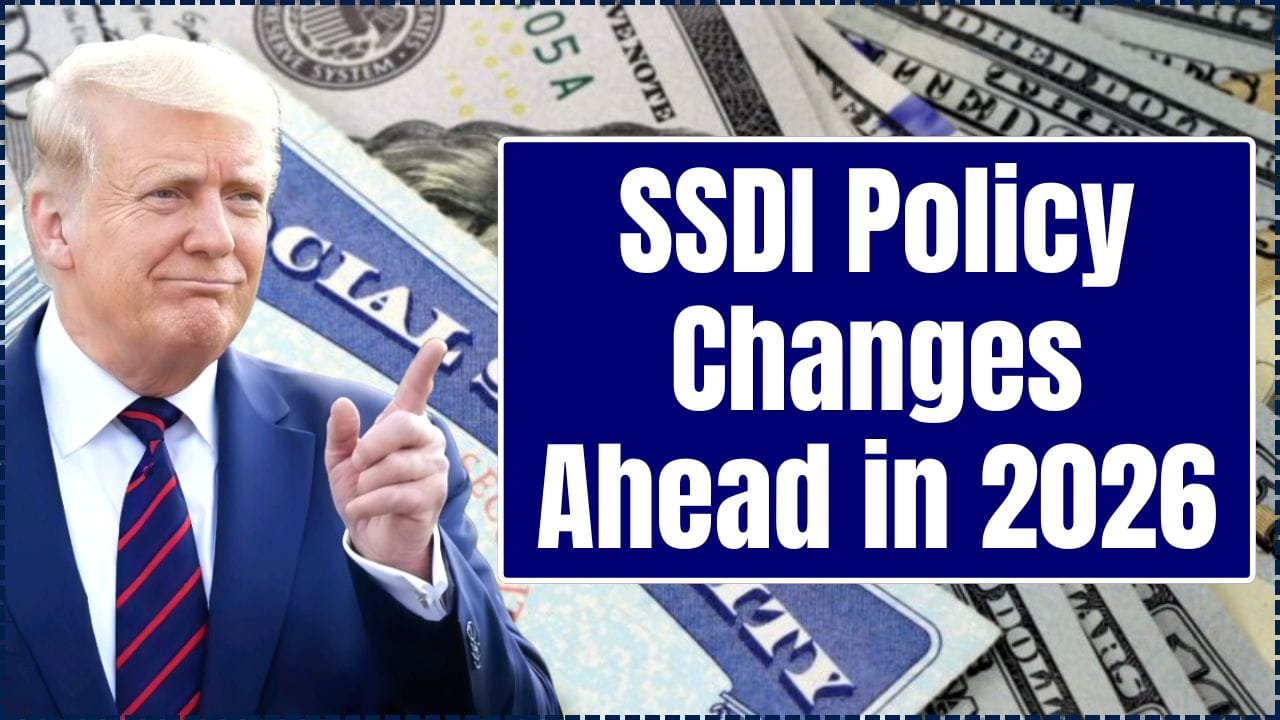The dream of studying in the United States has long drawn students from across the globe, especially from China, who historically constitute the largest international student population in the U.S. As a seasoned writer on international education, I’ve seen firsthand the aspirations and dedication of these students. However, recent developments suggest that the landscape for US student visas for Chinese students might be shifting significantly in 2025, potentially impacting thousands of academic journeys. It’s crucial for current and prospective students, and their families, to understand these changes and navigate them successfully. This isn’t a time for panic, but for informed preparation and proactive measures.
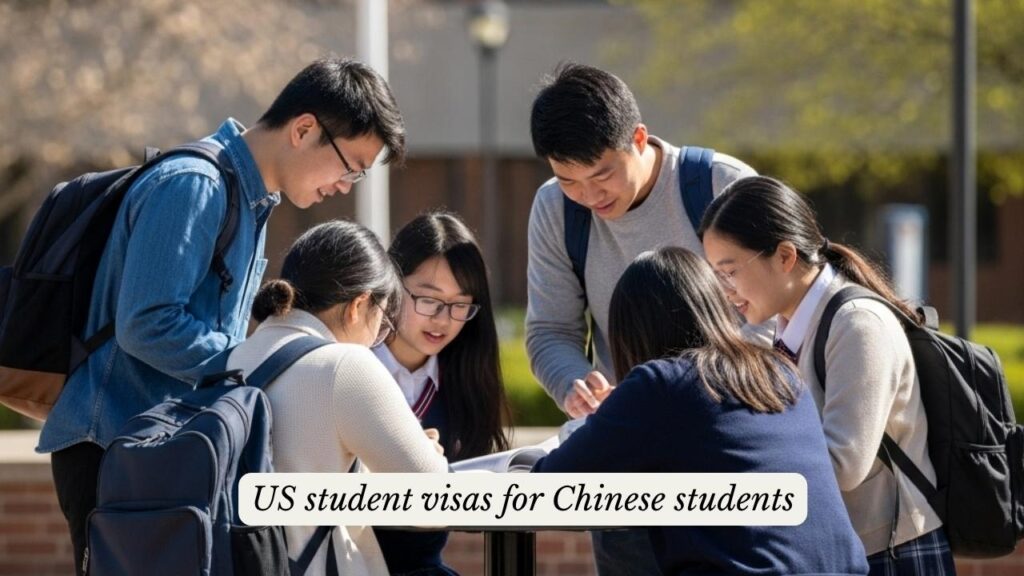
The Evolving Landscape of US-China Academic Relations
The relationship between the United States and China has seen increased geopolitical tensions in recent years. This has, unfortunately, extended into the realm of academic exchange and visa policies. While the U.S. has historically welcomed international students, concerns surrounding national security, intellectual property, and what some officials refer to as “military-civil fusion strategies” have led to a heightened scrutiny of certain visa applicants.
According to statements from U.S. officials, including Secretary of State Marco Rubio, the U.S. government plans to “aggressively revoke visas for Chinese students, including those with connections to the Chinese Communist Party or studying in critical fields” in 2025. Furthermore, there will be revised visa criteria to enhance scrutiny of all future visa applications from the People’s Republic of China and Hong Kong. This is not the first time such measures have been considered or implemented, with similar efforts seen in 2020 under the previous administration, specifically targeting graduate students with alleged links to Beijing’s “civil-military fusion” efforts.
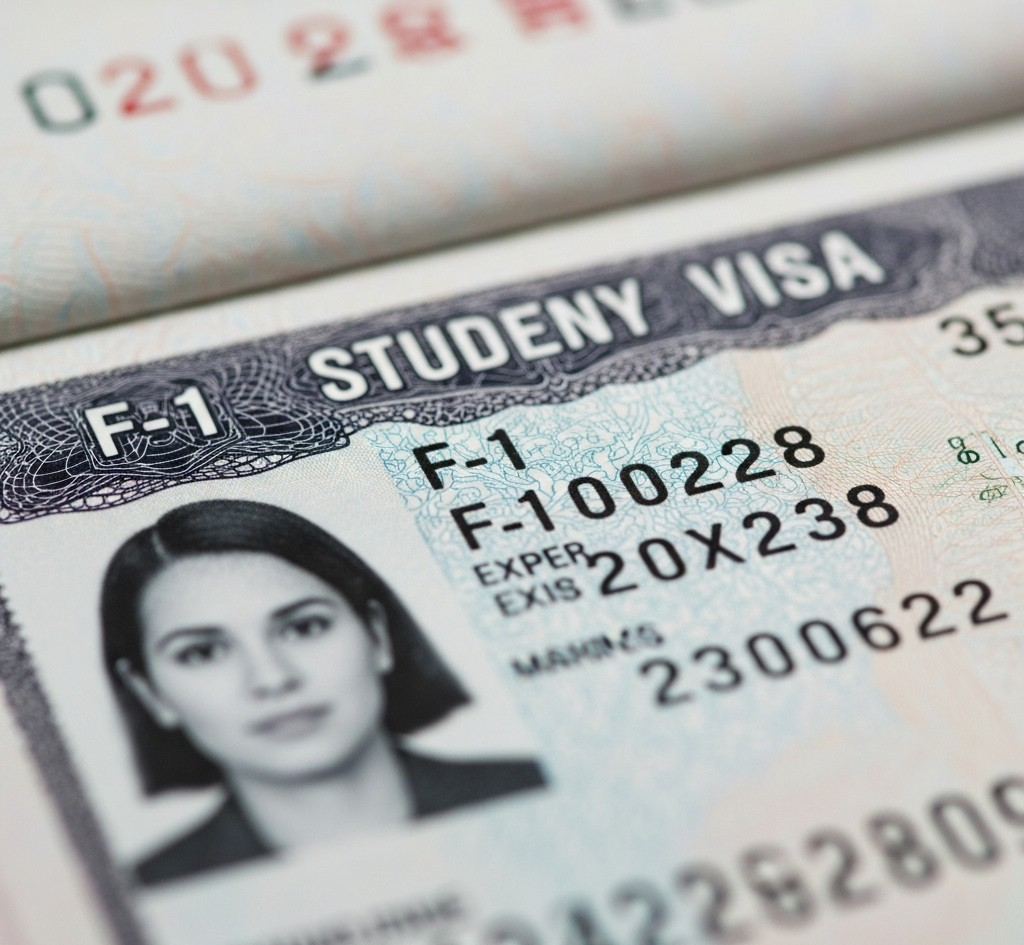
Who Might Be Affected and Why?
The core of the recent announcements centers on two main categories: students with “connections to the Chinese Communist Party” and those “studying in critical fields.”
- Connections to the Chinese Communist Party (CCP): This is a broad category and the specifics of what constitutes a “connection” are yet to be fully defined by the State Department. It could range from direct party membership to family associations or affiliations with organizations perceived to be linked to the CCP. This ambiguity is understandably a source of significant concern for many Chinese students and their families.
- Studying in Critical Fields: While “critical fields” have not been definitively identified by the State Department, past discussions and actions suggest a focus on Science, Technology, Engineering, and Mathematics (STEM) fields, particularly those with potential dual-use military applications. Areas like artificial intelligence, advanced computing, aerospace engineering, and certain biotechnology fields have often been highlighted. The concern, as articulated by some U.S. lawmakers, is that America’s student visa system could become a “Trojan horse” for technology transfer that could benefit China’s technological ambitions.
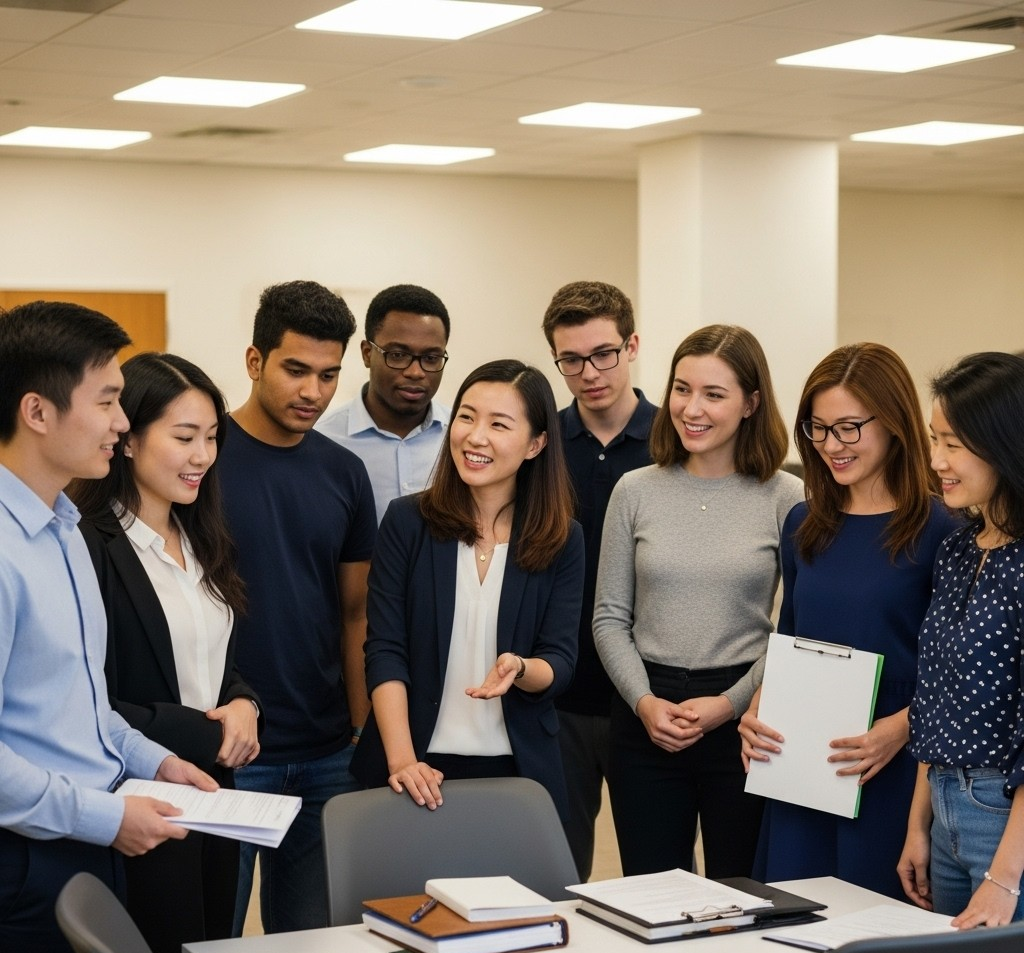
Navigating the F-1 Visa Process Amidst Changes
Even with these potential revocations and enhanced scrutiny, the fundamental requirements for obtaining and maintaining an F-1 visa remain critical. For students aiming to study in the U.S., thorough preparation and adherence to all regulations are paramount.
Key Steps and Considerations for F-1 Visa Applicants
- Acceptance from a SEVP-Certified Institution: The first step is always securing admission to a U.S. university or college certified by the Student and Exchange Visitor Program (SEVP). Upon acceptance, you will receive Form I-20, which is crucial for your visa application.
- SEVIS Fee Payment: You must pay the SEVIS I-901 fee and keep the receipt. This fee supports the Student and Exchange Visitor Information System (SEVIS), which tracks F-1 and M-1 students and J-1 exchange visitors.
- DS-160 Form Completion: The Online Nonimmigrant Visa Application (DS-160) must be filled out accurately and completely. Be prepared to provide comprehensive information about your educational history, travel plans, and social media presence for the last five years. In my experience advising students, neglecting to disclose all social media accounts or providing incomplete information can raise red flags during the review process.
- Visa Interview: The interview at the U.S. Embassy or Consulate is a critical step. Consular officers will assess your intent to study, your financial capability to cover your expenses, and your ties to your home country, demonstrating your intent to return after your studies. For Chinese students, there may be additional questions related to the aforementioned “critical fields” or family/organizational affiliations.
- Preparation is Key: Practice articulating your academic goals, why you chose your specific program and university, and your post-graduation plans. Ensure your academic records and financial documents are meticulously organized and readily available.
- Proof of Funds: You must demonstrate sufficient funds to cover your tuition, housing, and living expenses for at least the first year of your program, and ideally for the entire duration. This can include bank statements, scholarship letters, or financial undertakings by sponsors.
- Ties to Home Country: Convincing the consular officer that you intend to return to China after completing your studies is vital. This can be demonstrated through family ties, property ownership, job prospects in China, and a clear plan for your future career.
- Maintain Full-Time Enrollment and Good Standing: Once in the U.S., it’s imperative to maintain your F-1 status by attending all classes, maintaining good academic standing, and adhering to all visa regulations.Any unauthorized off-campus work or violations of local laws can jeopardize your visa.
Support Systems and Remaining Hopeful
It’s natural for students and their families to feel a sense of uncertainty with these updates. Universities and international student offices are acutely aware of these challenges. Many institutions, like the University of Wisconsin and the University of Michigan, have already issued statements of concern and are actively monitoring the situation, providing resources and guidance to their Chinese student communities.
According to a recent post by the University of Pittsburgh’s Office of International Services:
IELTS or English Test Requirements for Work Visa Applications in 2026
Australia’s Evolving Migration Landscape: Your Guide to Becoming a Registered Migration Agent
FAQ
Q1: What are “critical fields” concerning student visa revocations?
While a definitive list has not been publicly released by the U.S. government, “critical fields” are generally understood to refer to STEM areas, particularly those with potential dual-use military applications. This often includes advanced computing, artificial intelligence, aerospace, and certain biotechnology disciplines.
Q2: How can I demonstrate “ties to my home country” during a visa interview?
You can demonstrate ties to your home country (China) by showing strong family connections, property ownership, future job prospects or a business plan in China, and a clear intent to return after completing your studies. Evidence like family registration booklets, letters from prospective employers, or property deeds can be helpful.
Q3: What should I do if I receive a notification that my visa has been revoked?
If you receive such a notification, it is crucial to contact your university’s International Student Services office immediately. They are typically monitoring these developments closely and can provide guidance, connect you with legal resources, and advise on your next steps to understand the specific reasons for revocation and any available recourse.
Q4: Are these potential revocations and heightened scrutiny affecting all Chinese students?
The announcements specifically mention students with connections to the Chinese Communist Party or those studying in “critical fields.” While increased scrutiny may apply more broadly to all future visa applications from China and Hong Kong, the aggressive revocations are targeted at these specific categories. However, the exact definitions and scope are still being clarified.

